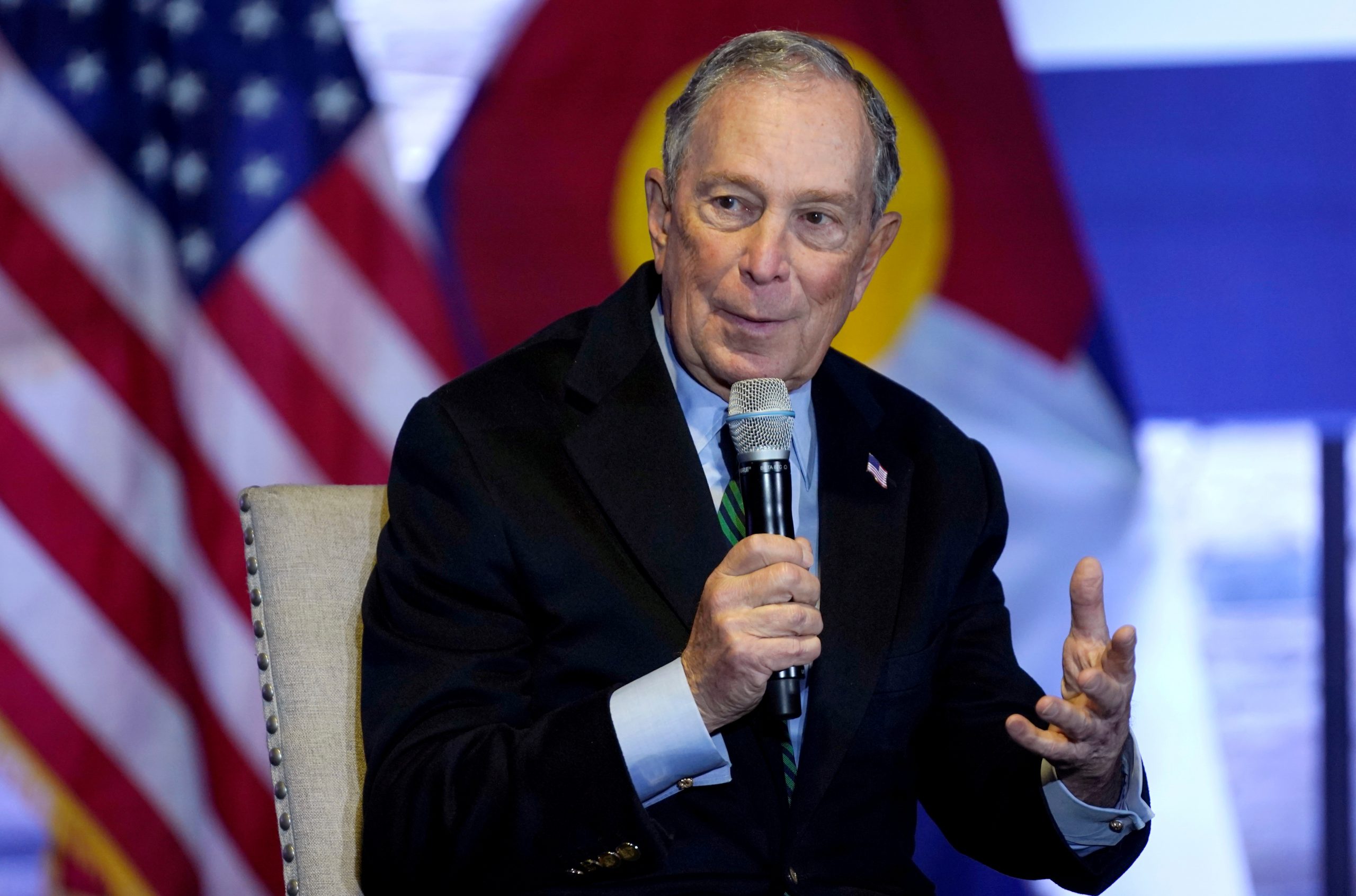With just under a month until the first votes are cast in the 2020 Democratic presidential primary, former New York City Mayor Michael Bloomberg is calling for a restructuring of the primary schedule.
In an op-ed published on CNN’s website, Bloomberg argues that primary schedule — which kicks off in Iowa — is harmful to the Democrats’ chances in 2020 because it forces the candidates to spend a disproportionate share of time in states that are “among the most homogenous” in the country.
As Bloomberg notes, Iowa and New Hampshire are not considered battleground states in the general election. So while the majority of the Democrats are campaigning in those states, President Donald Trump is holding rallies in states that he flipped in the 2016 election.
“We are in danger of repeating 2016 in large part because, as Democrats focus on Iowa and New Hampshire, Trump is operating at full-speed in the battleground states, with field staff and targeted television and digital advertisements.”
Bloomberg says that the “traditional” argument for saving larger states for later in the primary is that it requires a lot of resources, but argues that social media and television have made it easier for candidates to spread their messaging without spending larges sums of cash.
Finally, he vowed if elected president he would work to “ensure the DNC works with state party leaders at every level to re-order the primary calendar in ways that better reflect our diverse electorate.”
“This will build on the good work done by the party’s National Unity Commission to broaden the party’s base, empower Democrats at the grassroots level, and make our party competitive in every region of the country,” he added.
Bloomberg is not the first candidate in the primary to suggest a change in the schedule.
Former Housing and Urban Development Secretary Julian Castro — who has since dropped his presidential bid — voiced frustration with the primary system and called for a change so that the early primary states would have a greater diversity of voters.

After a late entrance to the campaign, Bloomberg made the unconventional decision to focus on states that hold primaries on Super Tuesday, and self-fund his campaign — meaning he would not qualify for Democratic debates.
In the less than three months since Bloomberg joined the race, he has hired hundreds of staffers to work on his campaign and outspent most of his opponents on television advertisements.
Recent reporting shows he has spent $170 million on ads, and last week his campaign announced that it would buy ad time during the Super Bowl, as IJR has previously reported.
Currently, Bloomberg receives an average of 5.8% support nationally — just below former South Bend, Ind., Mayor Pete Buttigieg and ahead of several other candidates who had been campaigning for months before he joined the race.

























 Continue with Google
Continue with Google